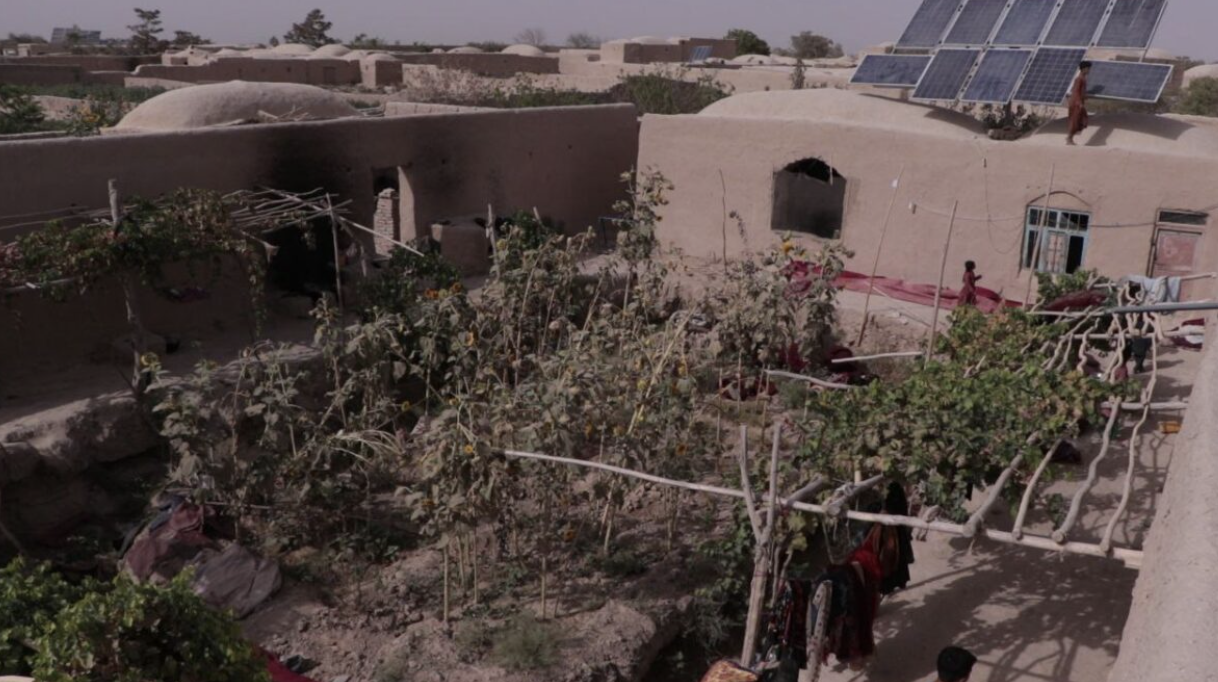A New Environment
Afghanistan to Hong KongAfghanistan to Hong Kong
Despite the Hong Kong government’s ban on visas for Afghan people in Hong Kong, Tahera Hashimi, 27, and I, two Afghan students, were able to move to Hong Kong under a university scholarship.
I used to be a journalist at one of the local television stations in Herat province in western Afghanistan. Tahera was teaching at Ghor University in central Afghanistan and getting a master’s degree at the University of Putra in Malaysia.
In Afghanistan, people usually live in multi-story houses to accommodate multi-generation households, even low-income and poor families live in spacious houses. Compared to Hong Kong homes, they may be large but simple.
Also, it is usually customary that after marriage, sons live with their parents for a long time — or even for the rest of their lives. For this reason, people buy a house for their children and future grandchildren.
Although I have a safe life and a lot of freedom in Hong Kong, having a tiny space is a challenge. I recall my big house and big room in Afghanistan almost every night when I lie down. My feet touch the wardrobe and I feel uncomfortable because my room is too small and the bed and wardrobe hardly fit in my 64 square feet dorm.
But Tahira, who has spent most of her life in the countryside and large mud houses, says that although in Hong Kong she has freedom and security and can have the rights that women do not have in Afghanistan, she prefers the lifestyle in Afghanistan.
“Sometimes my tiny apartment in Hong Kong makes me disappointed and I wish I didn’t come here. I miss living in a large mud house in my village,” she said.
Tahira belongs to a low-income family. Her family relies on her father’s income from farming in Daikondi province in the centre of Afghanistan.
Tahira’s father has rented this house in the centre of Daikundi province so that his children can have access to education.

A type of mud house that Tahera might have grown up in
